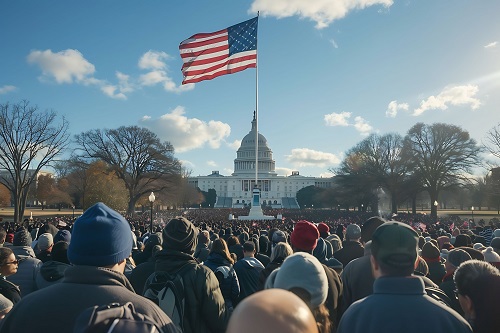- info@glopri.com
- Mon - Sat 8:00 - 18:00. Sunday CLOSE

International politics is anarchic in nature. As such there is no supreme authority present to ensure moral recompense for any offenses committed. Thus every state must help themselves to power in order to survive. Realism adopts a Machiavellian mindset in order to explain this 'power is the only currency' concept. The idea of the international system causing states to work against each other by default was derived from Thomas Hobbes' analysis of human nature being attuned to violence; 'A war of all against all.' The interest-driven unitary actions of the state give birth to security dilemmas. It is quite true when classical realists claim that there are no true alliances, only military pacts. A parallel can be drawn between Nazi Germany's betrayal of the Soviet Union during world war II. The Soviet Union was forced to exert more power in order to counter and dish out punishment on the nazis. A phrase at the end of the Melian dialogue at the time of the Peloponnesian wars best describes the system saying, "The strong take what they can and the weak suffer what they must."
Power is seen as the currency of the international system and is attributed to states naturally seeking power due to having human characteristics. Humans naturally crave power and states, being an exaggerated form of the individual, do the same, is what is claimed. This logic has dominated political philosophy since the time of Rome. Power maximization and exercise of social power means the pursuit of interest, by post-17th century political philosophers. The individual can undertake any means necessary to achieve a goal. Niccolo Machiavelli writes in 'The Prince,' "Morality cannot guide politics, even if it has moral consequences." Hans Morgenthau also mirrored this in his principles of political realism. Thus the justification for backdoor diplomacy, shrewd alliances, and economic exploitation. However, Rousseau highlights that it is not human nature but rather the system that breeds fear and suspicion. Structural realism implies that the international system has evolved in such a way that a naturally hierarchical structure forces states to chase the incentives provided by the system.
Although liberals argue that cooperation through complex interdependence is possible rather than the tight leash of the balance of power, however the current system in place only offers favors to those looking to maximize personal gain and accumulate power while doing so. During the previous millennia, lines were drawn between domestic and international entities on the basis of territories and ethnicities. Now they are drawn up on the basis of economics and under the guise of 'national interest.' Recently there has been a circulation of speculation regarding revisionist powers within the current US-led order in the international system. Distinctions are made between the West and the East, especially between the US, China, and Russia with the latter two being termed as revisionists looking to take advantage of the dents within the system, while the former is extending effort to keep it in place. The need for power maximization of states has surged. A state of uncertainty is tantamount to a security dilemma and only states with substantial power will be able to guard themselves against any emerging threats.